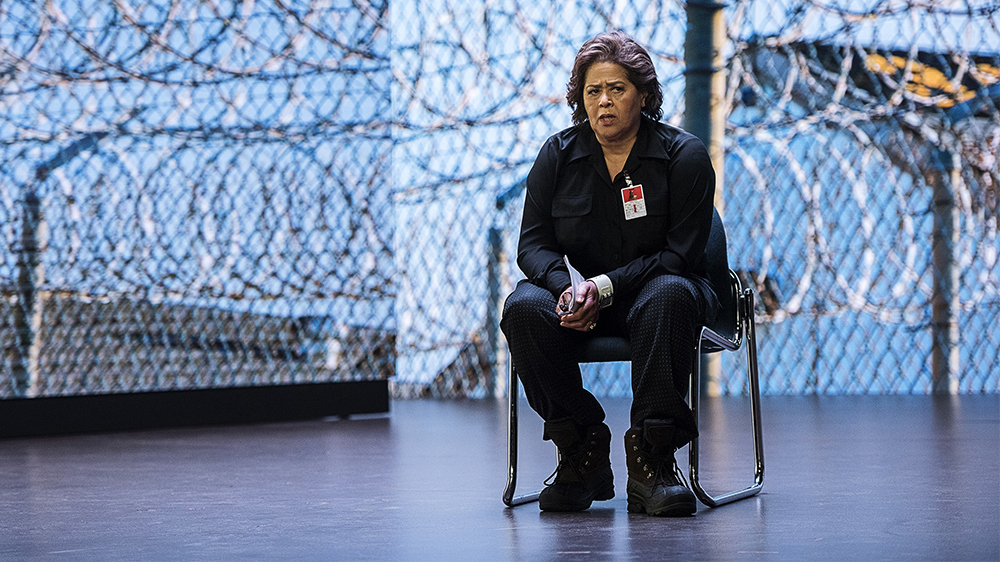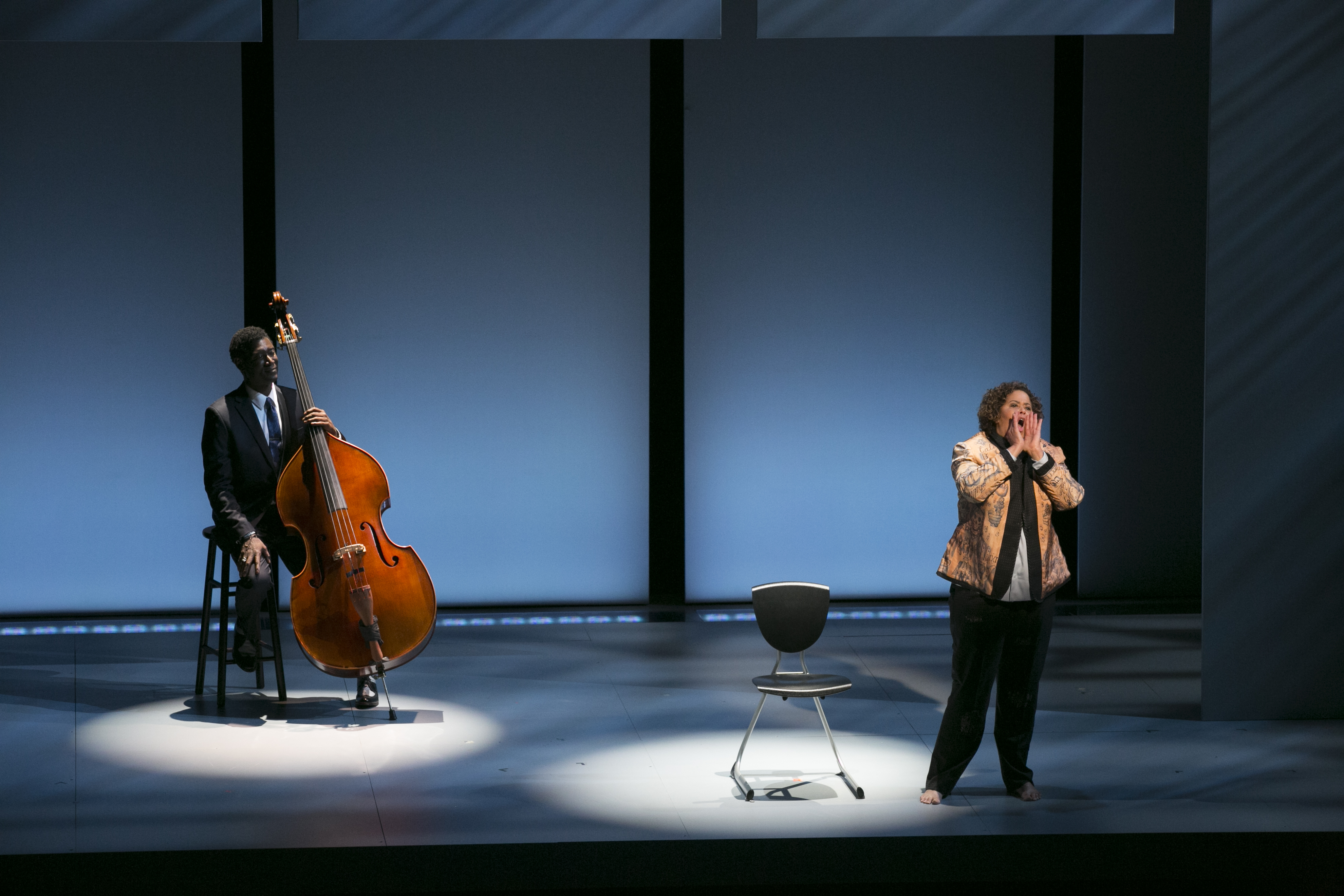Anna Deavere Smith is metamorphosing at an alarming rate. One moment she’s a student, the next she’s an inmate. Later she’s a politician, an activist, and eventually a podium-pounding reverend. By the conclusion of her performance in the play-turned-film Notes from the Field, Smith has dramatized 18 different real-life people affected by America’s school-to-prison pipeline. From Reverend Jamal Harrison Bryant, who spoke at the funeral of Freddie Gray, to Sherrilyn Ifill, president of the NAACP Legal Defense and Educational Fund, Smith transforms again and again throughout a haunting one-woman performance.
Notes from the Field is the culmination of more than 250 interviews Smith conducted with students, educators, and others grappling with issues at the intersection of race, class, and education. Originally conceived and presented as a live theater performance, the play was adapted into a television movie for HBO in 2018 and examines America’s penchant for fast-tracking minority children out of the classroom and into prison.
Smith’s film screened last month as part of Skirball Talks, a series featuring compelling and challenging thought leaders from the worlds of the arts, entertainment, media, and politics. Held at NYU Skirball Center, Skirball Talks is free and open to the public. Following the screening, Tisch Dean Allyson Green joined Smith, who is also a professor at Tisch, on stage for a larger conversation about the making of Notes from the Field and the U.S. system of mass incarceration.
“I’ve been trying to become America, word for word, going around the country with the tape recorder,” Smith told Green. “I did 250 interivews in Northern California, Philly, Baltimore, and South Carolina, up and down what is called the ‘corridor of shame’ because the schools are so bad.”
In its most poignant moments, Notes from the Field is a temporary walk in the shoes of the forgotten—the children born into poverty and promptly discarded by a broken school system. With an assist from longtime production designer Kristi Zea, who directs the adaptation, Smith’s characterizations capture the heaviness of an issue that is too often substantiated by facts alone. Smith’s appeal to emotion is captivating and heartbreaking, made all the more sobering by the use of real-life video and images from events such as Freddie Gray’s death and Bree Newsome’s removal of the Confederate flag outside the South Carolina Statehouse.

